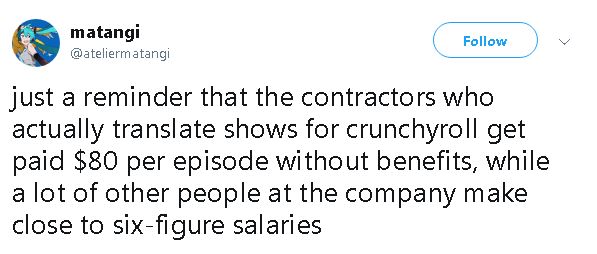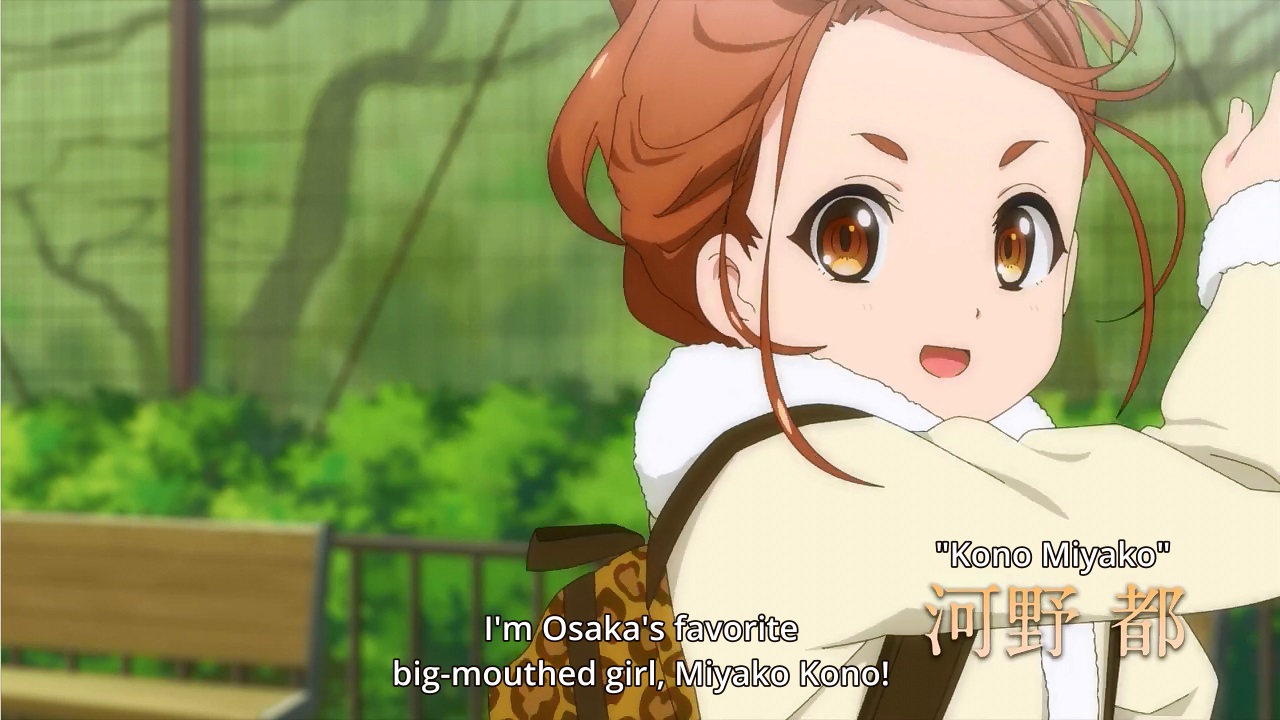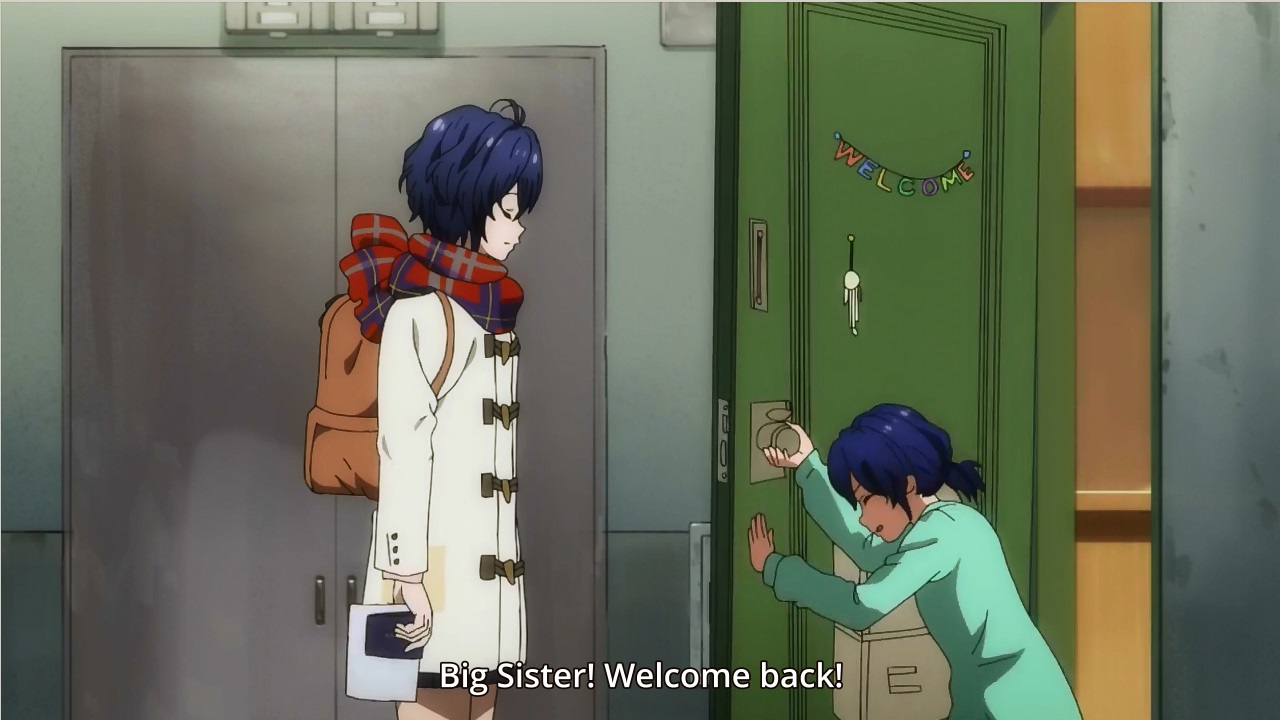When a certain Crunchyroll employee showed off the company’s new offices on Twitter (since deleted) a small controversy popped up about the company’s translation rates:

In a way it’s fitting that translators/subtitlers get paid just as crappily by the US streaming companies as animators are by the Japanese studios. In both cases it’s the people doing the actual work who get the least rewarded for it. You can’t make anime without animators and you can’t stream anime abroad without translators and when you underpay both you get crappy anime paired with equally crappy subtitles. Especially when both are created under extreme time pressure. The relentless death march of seasonal anime has been well documented (and even fictionalised in Shirobako), but no less so are the demands of an international market wanting subbed anime to be available within an hour of the Japanese broadcast. Granted, scripts, rough anime cuts and the finalised version will be available earlier than that to the translator and subtitler, but an at best weekly turnaround still puts a lot of pressure on the people doing this, especially if they’re working on multiple shows.

Which they have to, if they’re paid that badly. If you’re only making eighty bucks per episode, better line up more episodes. No wonder you get things like this from 22/7, where the dialogue reverse the Japanese name order but the translated caption keeps it. Or slightly later in the episode, where the manager introduces himself and the dialogue has his name as Goda but the translated business card says Gouda. No time for proper quality control and the people doing it are paid too little to care for consistency. And those are just the things I noticed with my limited knowledge of Japanese; Shitty Simulcasts noticed a hell of a lot more, including just not translating text messages at all.
Understandable. If you pay peanuts, you get monkeys. If you don’t even credit the monkeys that work for you, like both Funimation and Crunchyroll (but not Sentai, which has full credits for both Japanese and their own staff after each episode), there’s even less incentive of doing anything above a passable job. Professional pride can only take you so far.

Personally I can’t blame the translators and subtitlers for this. It’s the unwillingness of the streaming companies to pay for proper translations and the time pressures of the simulcast markets that are to blame, a structural problem that goes beyond individual translators. The first problem is easily solved if a company like Crunchyroll took its responsibilty and paid translators a living wage. The second is less so. As long as we have this relentless pressure of seasonal anime, time for a proper translation will remain limited.
I do wonder how much we anime fans actually want or need these simulcasts. Personally, more often than not I end up watching an episode only a day or even several days after its first release, or some series only once they’re completed. But as long as the anime streaming companies are competing with each other (and Netflix, Amazon) on both how many series they simulcast as how quickly they simulcast, we can’t solve this problem. Still, paying your staff properly should not be complicated. Nor should it be difficult to actually credit them for the work they’re doing.
No Comments